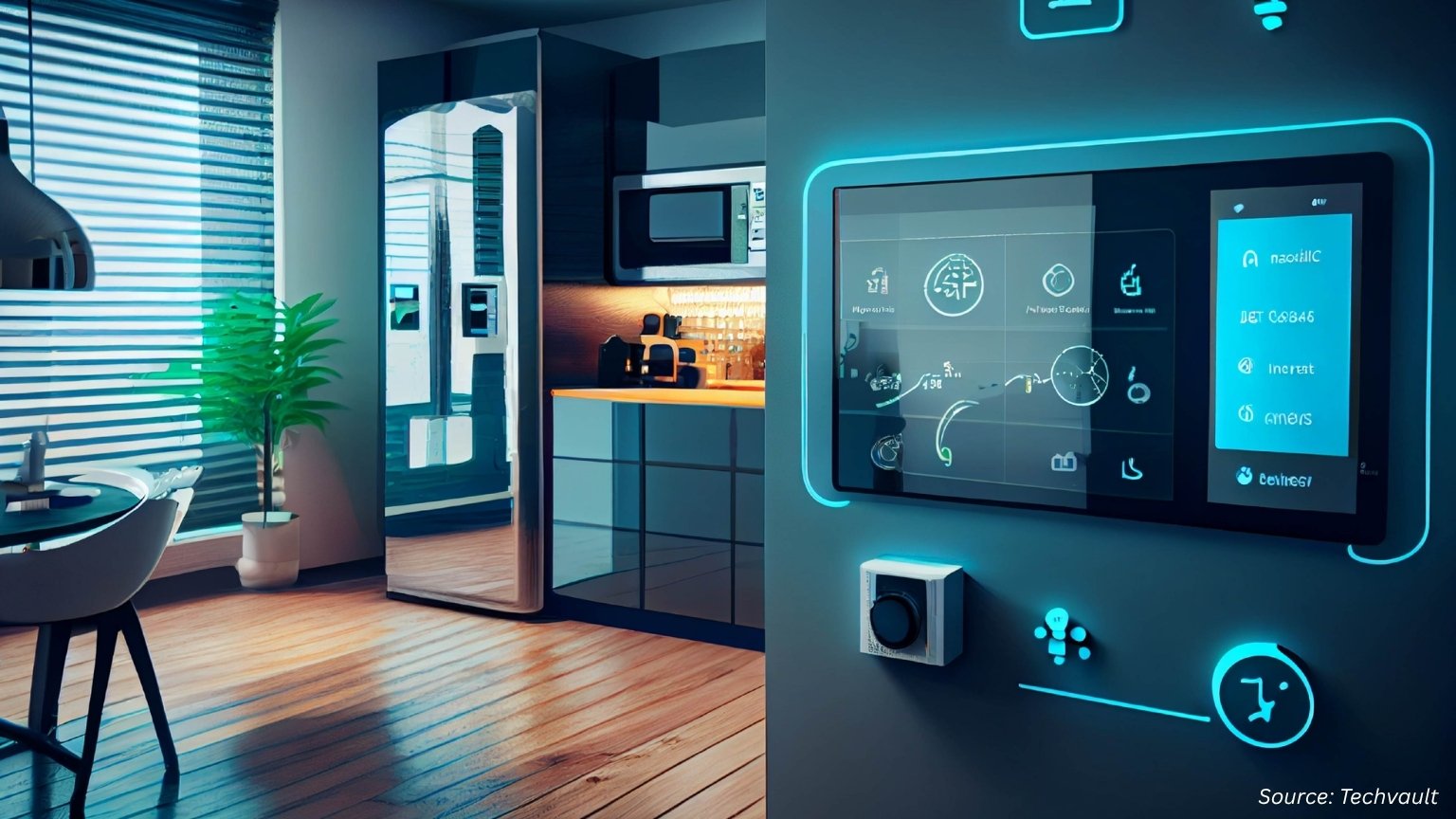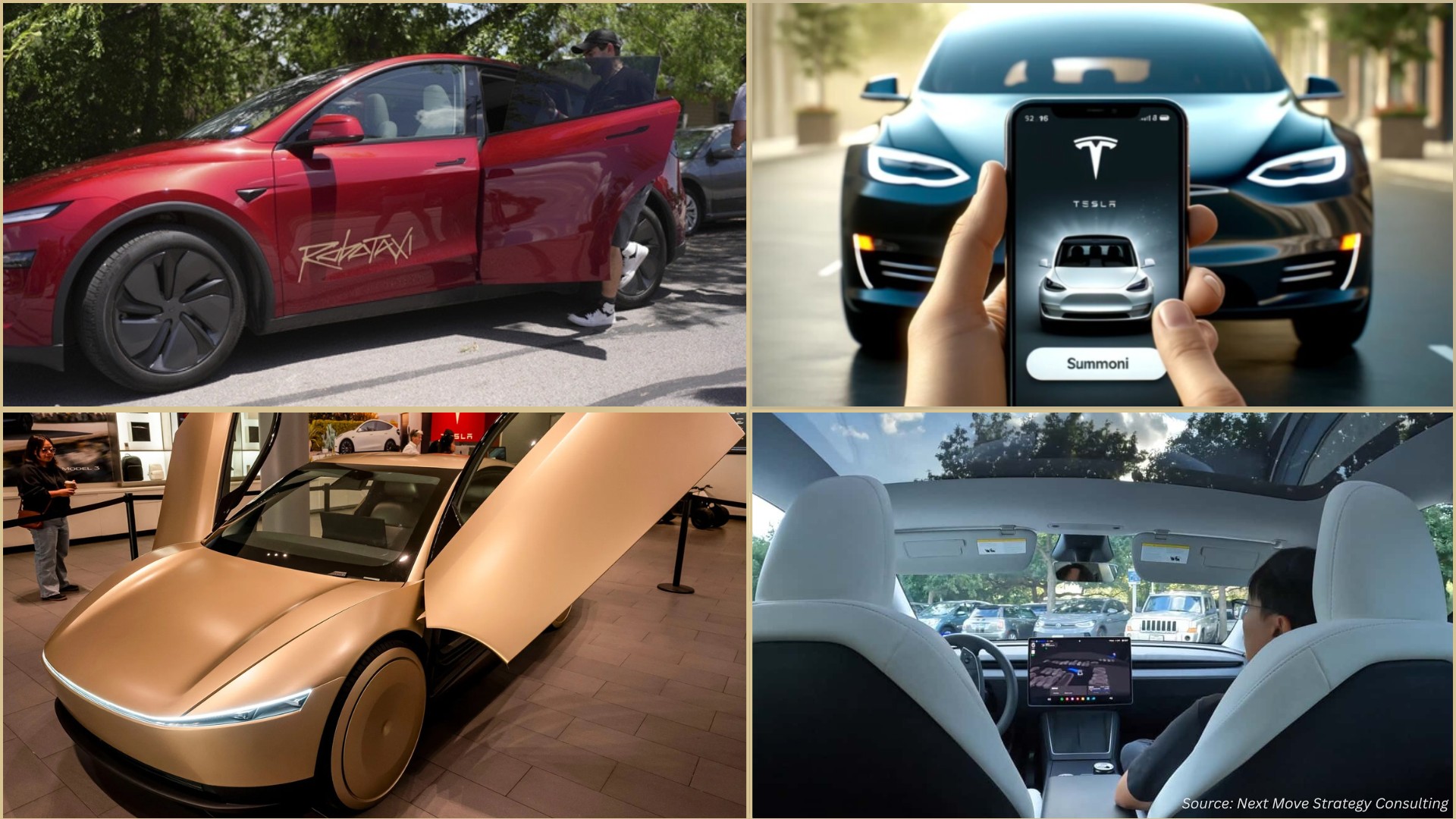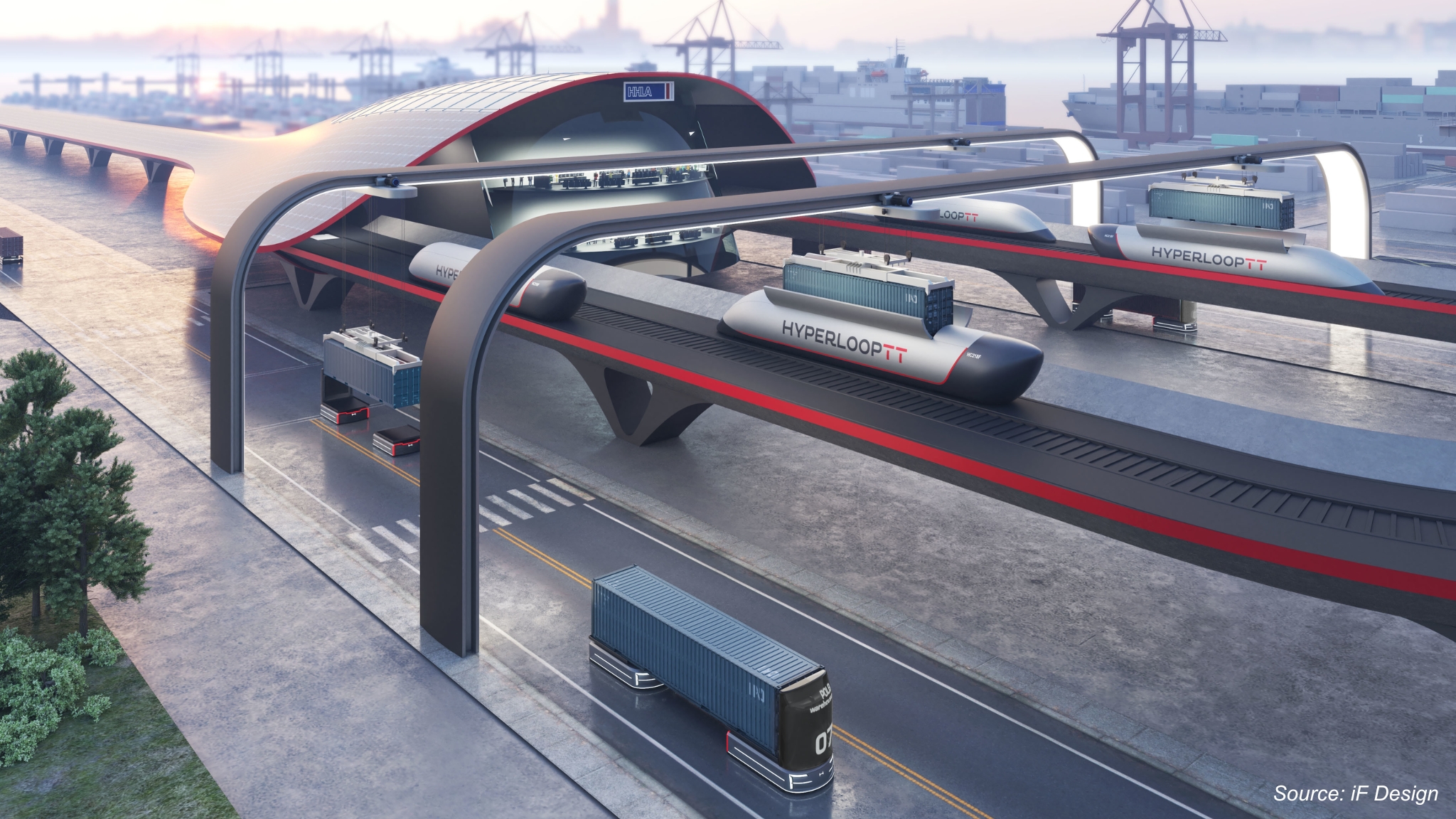How Smart Tech is Transforming Home Automation
Published: 2025-09-15

Introduction
In today's rapidly advancing technological landscape, the home automation industry stands at the forefront of innovation. The need for enhanced security, energy efficiency, and convenience has given rise to a plethora of smart home solutions. From facial recognition technology to cleaning robots, the evolution of home automation is transforming the way of living. This article explores key innovations in the home automation industry, covering aspects of security, energy efficiency, entertainment, kitchen appliances, home offices, robotics, and even smart bathroom innovations.
Smart Home Security Innovations
In an era where security is paramount, the smart home industry has responded with cutting-edge innovations. Facial recognition technology has eliminated the need for traditional keys and passcodes, providing a seamless and secure means of accessing and controlling our homes.
Moreover, keyless entry with smart locks has evolved to offer advanced features beyond the convenience of smartphone-based access. Certain systems now integrate geofencing technology, automatically securing or unlocking doors depending on the user's proximity. This touch-free method ensures the security of homes without the need for explicit commands, introducing an element of automation into everyday living.
In the realm of advanced alarm systems, developments in sensor technology contribute to more accurate threat detection than before. For instance, smart sensors can differentiate between normal fluctuations in environmental conditions and genuine security risks. This reduces the likelihood of false alarms, enhancing the reliability and effectiveness of these systems.
Energy-efficient Home Automation Solutions
With a growing awareness of environmental issues, homeowners are turning to energy-efficient smart home solutions. Smart thermostats, key components in improving energy efficiency, have evolved to incorporate machine learning algorithms. These algorithms analyze household patterns, adapting temperature settings to optimize energy consumption without compromising comfort.
Additionally, blockchain technology integration is revolutionizing how homes consume and generate energy. Homeowners can now participate in decentralized energy grids, sharing excess energy with neighbors and earning tokens in return. This peer-to-peer energy-sharing concept promotes community sustainability while reducing reliance on traditional energy sources.
Solar power integration, a stalwart in the quest for renewable energy, has witnessed advancements in efficiency and accessibility. Flexible and lightweight solar panels, integrated seamlessly into roofing materials, transform homes into self-sufficient energy hubs. The real-time monitoring capabilities of these systems empower homeowners to track their energy production and make informed decisions about energy usage.
Health and Urine Analysis
Beyond conventional home automation applications, technology is now venturing into health analysis. Devices such as the Withings U-Scan, designed for toilet integration, provide comprehensive urine analysis. Urine analysis offers insights into hydration levels, hormone concentrations, and electrolyte balance.
For women trying to conceive, the ability to measure hormone concentrations provides a precise approach to identifying optimal conception periods. The integration of such health-centric devices into smart homes not only enhances personal well-being but also establishes residences as proactive partners in the healthcare management.
Home Entertainment Enhancements
Entertainment in smart homes has become synonymous with convenience and personalization. Smart TVs offer a vast array of content accessible with a simple voice command, providing a seamless streaming experience. Multi-room audio systems have seen innovations in sound technology, delivering unparalleled audio quality throughout the home. Advanced algorithms spatially optimize sound, creating an immersive auditory experience.
Voice-controlled devices such as Amazon Echo and Google Home add a layer of convenience, not only for entertainment control but also for managing daily tasks, setting reminders, and even ordering groceries.
Upgrading Kitchen with Smart Appliances
The kitchen, often considered the heart of a home, has not been left untouched by smart home innovations. Smart refrigerators with touch displays and cameras redefine the grocery shopping experience. Users can remotely view the contents of their fridge, enabling them to make informed grocery decisions while reducing food waste.
Smart cooktops, leveraging induction technology, offer precise temperature control for each cooking zone. Integrated sensors ensure that pots and pans are heated uniformly, eliminating the challenges of uneven cooking. The synchronization capabilities of these cooktops with other smart devices streamline the cooking process, allowing seamless coordination between various appliances.
Temperature probe technology, an integral part of smart kitchens, ensures that culinary endeavors are foolproof. With real-time monitoring and alerts, these probes eliminate the risk of undercooked or overcooked meals. With the advancement in technology, one can expect a surge in innovations within kitchen automation, transforming it into a hub of culinary creativity.
Enhancing Home Office with Smart Technology
With remote work becoming the norm, home offices are evolving with integrated smart technologies. Video doorbells and smart locks enhance security without compromising productivity. Ergonomic furniture and adjustable desks contribute to a comfortable and efficient workspace.
Integrated smart technologies streamline the home office experience, enabling users to manage lighting, temperature, and other elements effortlessly through easy taps or voice commands.
The Future of Smart Home Robotics
The future of smart home robotics promises increased affordability and sophistication. Beyond their role in mundane household chores, cleaning robots are evolving into versatile devices capable of handling various tasks. Some models now feature modular attachments, enabling them to adapt to different cleaning needs, ranging from windows to surfaces.
Security robots are incorporating advanced machine learning algorithms to enhance threat detection capabilities. Predictive analytics and real-time monitoring empower these robots to recognize and address potential security risks with unprecedented accuracy. As these technologies mature, security robots may become central figures in comprehensive home security systems.
Personal assistant robots are evolving into true companions, fostering emotional connections with users. Natural language processing and emotional intelligence algorithms enable these devices to understand and respond to human emotions. As technology advances, smart home robotics will likely play an even more integral role in shaping our daily lives.
Transforming Bathroom with Smart Innovations
Smart home innovations extend even to the bathroom, creating a spa-like retreat. Smart toilets, equipped with personalized settings and ambient lighting, offer a spa-like experience. Automated lids, heated seats, and integrated bidets contribute to a heightened sense of comfort and hygiene.
Aromatherapy shower systems, once considered a luxury reserved for high-end spas, are now finding their way into smart homes. The ability to infuse showers with calming scents adds a therapeutic dimension to daily routines. Customizable scent cartridges and programmable routines transforms the bathroom into a sanctuary for relaxation and self-care.
While contributing to health diagnostics, automated urine analysis devices also elevate the bathroom's role in preventive healthcare. The integration of such devices into smart bathrooms aligns with the broader trend of turning residences into holistic environments that prioritize well-being. These smart bathroom innovations showcase the industry's commitment to enhancing every aspect of home life, creating a holistic smart home experience.
Conclusion
The home automation industry's evolution has transcended mere convenience, delving into security, energy efficiency, health, entertainment, kitchen functionality, home offices, robotics, and even bathroom experiences. As smart home innovations continue to advance, they simplify daily tasks and contribute to a more secure, efficient, and enjoyable way of living. Embracing these technological advancements allows us to create homes that are not just smart but also tailored to our needs and preferences. The future of the home automation industry holds exciting possibilities, promising a seamless integration of technology into every facet of daily lives.
About the Author
 Sunanda Ghosh is a researcher with more than 3 years of experience. She has a passion for understanding consumer behavior and market trends, and uses her skills in innovative ways to gather and analyze data. Throughout her career, she has worked with a diverse range of global clients across various industries including technology, semiconductor, and energy. She is dedicated to providing valuable insights that can help shape a company's direction and drive success.
Sunanda Ghosh is a researcher with more than 3 years of experience. She has a passion for understanding consumer behavior and market trends, and uses her skills in innovative ways to gather and analyze data. Throughout her career, she has worked with a diverse range of global clients across various industries including technology, semiconductor, and energy. She is dedicated to providing valuable insights that can help shape a company's direction and drive success.
About the Reviewer
 Sanyukta Deb is a seasoned Content Writer and Team Leader in Digital Marketing, known for her expertise in crafting online visibility strategies and navigating the dynamic digital landscape. With a flair for developing data-driven campaigns and producing compelling, audience-focused content, she helps brands elevate their presence and deepen user engagement. Beyond her professional endeavors, Sanyukta finds inspiration in creative projects and design pursuits.
Sanyukta Deb is a seasoned Content Writer and Team Leader in Digital Marketing, known for her expertise in crafting online visibility strategies and navigating the dynamic digital landscape. With a flair for developing data-driven campaigns and producing compelling, audience-focused content, she helps brands elevate their presence and deepen user engagement. Beyond her professional endeavors, Sanyukta finds inspiration in creative projects and design pursuits.
















Add Comment